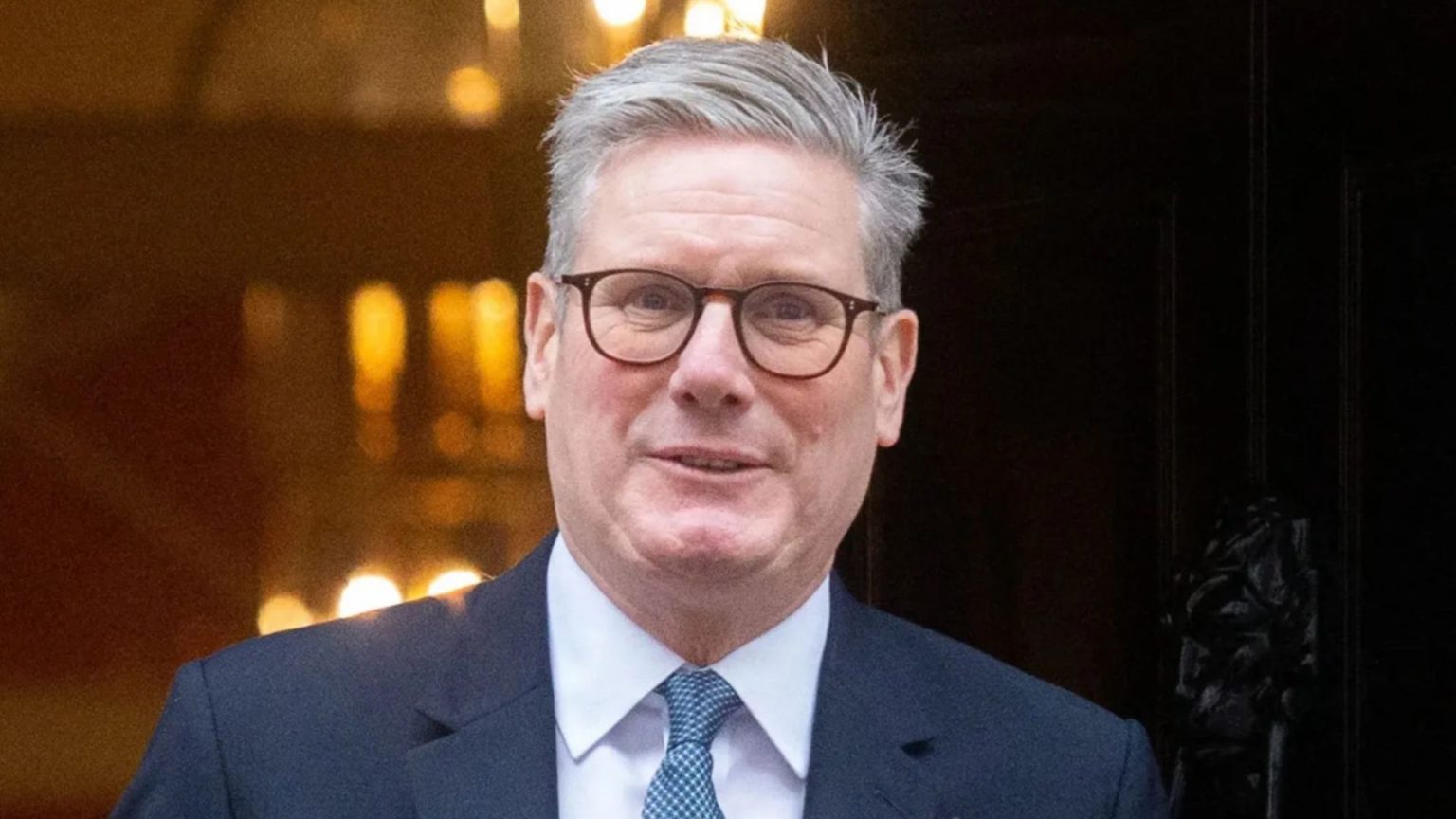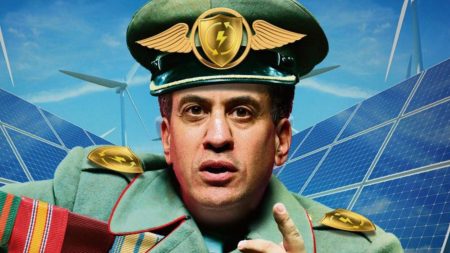This article criticizes the Labour Party’s stance on taxes, accusing them of hypocrisy for potentially advocating further tax increases while previously condemning the Conservative Party for doing the same. The author argues that the Conservatives, while having significantly raised taxes after 2019, at least had the justification of the enormous financial burden imposed by the pandemic. In contrast, Labour’s purported justification for further tax hikes, a supposed “£22 billion black hole,” lacks credibility as the Office for Budget Responsibility (OBR) has not confirmed its existence. The author suggests that Labour’s true motivation is to expand the public sector, thereby bolstering their voter base and appeasing unions, rather than addressing genuine economic needs. The article then pivots to criticize government inefficiency, highlighting “gargantuan waste” within the civil service, particularly citing the widespread practice of working from home and a perceived lack of responsiveness. The author concludes this segment by advocating for reduced government spending and a smaller state as the solution to future crises, rather than further tax increases.
The author contends that Britain’s tax burden has reached a historically high level, negatively impacting economic growth and household finances. They argue against any further tax increases, emphasizing the already significant financial strain on families and businesses. The piece links this argument to recent technological failures affecting transport systems, citing the air traffic control meltdown and train network paralysis as examples of the detrimental economic impact of such disruptions. The author directly attributes these issues, at least in part, to the prevalence of working from home, particularly among individuals responsible for maintaining critical infrastructure. They assert that pivotal roles in these sectors require on-site presence to ensure the smooth functioning of essential services and prevent economic damage. The author’s core argument is that focusing on efficient public service delivery, rather than raising taxes, is the key to addressing economic challenges.
The article then shifts to a pointed critique of London Mayor Sadiq Khan, arguing that a potential knighthood for him would be an “insult to Londoners.” The author questions Khan’s merits, suggesting that his accomplishments do not warrant such an honour and implying that his electoral victories are simply a consequence of London’s left-leaning political landscape. Khan is characterized as a “woke egomaniac” prioritizing image over tangible results, and his tenure is described as being marked by “crippling eco taxes,” high crime rates, and frequent Tube strikes. The author highlights Khan’s decision to project his own title onto the London skyline during New Year’s Eve as evidence of his self-aggrandizement. The concluding argument is that bestowing a knighthood upon Khan would further erode public trust in the honours system, which is already perceived with contempt.
Expanding on the criticism of Labour’s tax policy, the author portrays the party’s stance as deeply hypocritical. They point to Labour’s past criticism of Conservative tax increases, particularly during the pandemic, as evidence of their inconsistency. The author recalls Labour activists’ theatrical protests against Rishi Sunak’s tax hikes, depicting them as disingenuous given Labour’s current willingness to consider further increases. The “£22 billion black hole” cited by Labour as a justification for tax increases is dismissed as a fabrication, unsupported by the OBR. The author posits that Labour’s true agenda is to expand the public sector and solidify its voter base, rather than addressing genuine economic challenges. This narrative paints Labour as opportunistic and driven by political self-interest, rather than genuine concern for the economic well-being of the country.
The author’s argument regarding the inefficiency of the civil service is further elaborated upon. The prevalence of working from home is portrayed as a key contributor to decreased productivity and a lack of responsiveness within government. The article uses the examples of the air traffic control failure and train network disruption to illustrate the negative consequences of remote work in crucial sectors. The author asserts that essential infrastructure requires on-site personnel to ensure smooth operation and prevent economic damage. They suggest that the government, rather than raising taxes, should prioritize streamlining its operations, reducing its size, and ensuring the efficient delivery of essential services. This, according to the author, is the more effective approach to addressing economic challenges and avoiding future crises.
Finally, the critique of Sadiq Khan is expanded to portray him as a symbol of political failure. The author reiterates their belief that a knighthood for Khan would be a travesty, highlighting what they perceive as his lack of genuine achievements and suggesting that his mayoral victories are solely due to London’s left-leaning demographics. Khan’s focus on “woke” policies and self-promotion is contrasted with his perceived failures in addressing key issues such as crime, transportation disruptions, and the financial burden on Londoners. The New Year’s Eve display of his title is presented as a particularly egregious example of his egotism. The author’s concluding argument is that a knighthood for Khan would not only be undeserved but would also further damage the already tarnished reputation of the honours system, reinforcing public cynicism towards political institutions.











